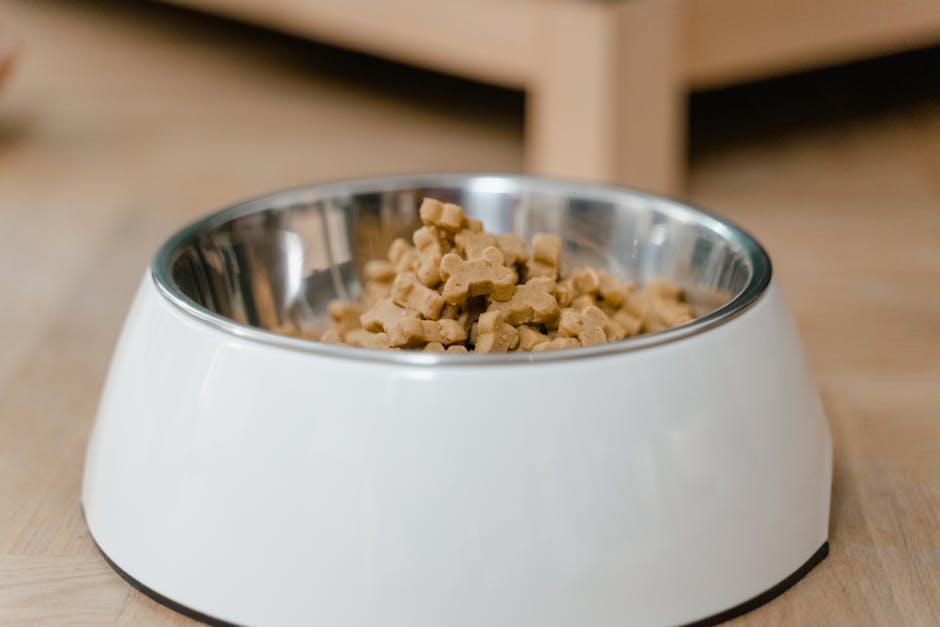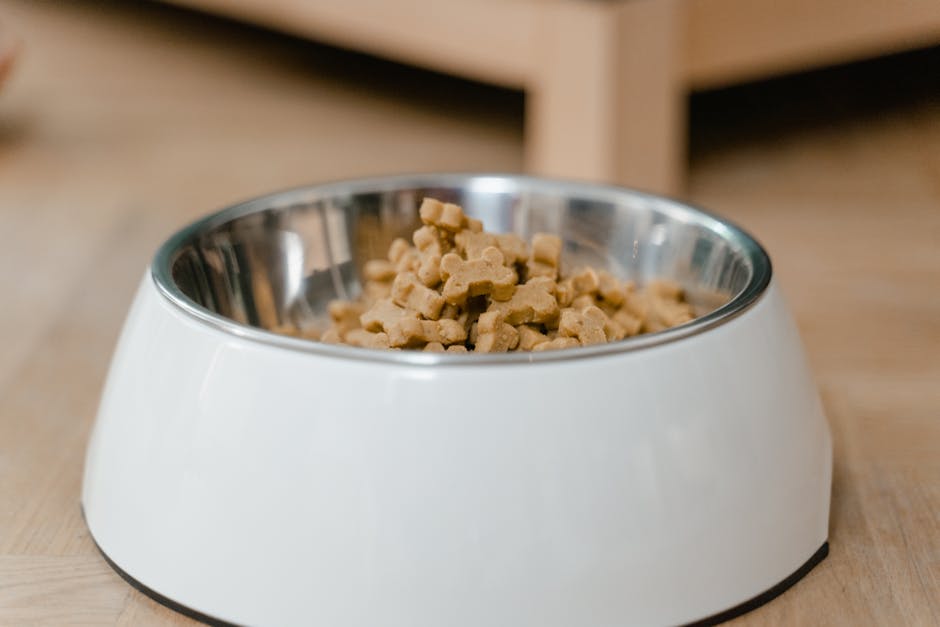
Raw Dog Snacks: Are They Worth the Hype? An In-Depth Look
Share
Introduction to Raw Dog Snacks
Raw dog snacks are becoming increasingly popular among pet owners looking to provide their furry friends with natural, minimally processed treats. These snacks generally consist of raw meat, bones, and organs that are freeze-dried or dehydrated to maintain their nutritional value. Raw dog snacks are often touted for their health benefits, such as promoting dental health, providing essential nutrients, and offering a closer resemblance to a dog’s natural diet in the wild. Additionally, some pet owners believe that raw snacks can help with skin conditions, allergies, and digestion issues in dogs.
What Are Raw Dog Snacks Made Of?
Raw dog snacks are typically made of natural ingredients that are minimally processed. These ingredients often include premium quality meats like beef, chicken, or salmon. Fruits and vegetables such as sweet potatoes, carrots, and blueberries are also common additions. Some raw dog snacks may contain grains or legumes for added nutritional value. It’s essential to check the ingredient list to ensure the snacks are free from artificial additives or preservatives.
Benefits of Raw Dog Snacks
Raw dog snacks can provide a range of benefits for your furry friend. Here are some reasons why they are worth considering:
- Improved Digestion: Raw snacks are often easier for dogs to digest compared to processed foods.
- Healthier Skin and Coat: The natural ingredients in raw snacks can help promote healthy skin and a shiny coat.
- Stronger Teeth and Gums: Chewing on raw snacks can help keep your dog’s teeth and gums strong and healthy.
- Better Weight Management: Raw snacks can be a more nutritious option, helping your dog maintain a healthy weight.
- Enhanced Energy Levels: The high-quality ingredients in raw snacks can provide your dog with the energy they need to stay active and playful.
Consider incorporating raw dog snacks into your pet’s diet to enjoy these benefits and more.
Are Raw Dog Snacks Safe for Dogs?
Raw dog snacks are generally safe for dogs if they are sourced from reputable brands and made with high-quality ingredients. However, some raw snacks may pose a risk of bacterial contamination, so it’s crucial to handle and store them properly. Always supervise your dog while they are eating raw snacks to prevent choking hazards and monitor for any adverse reactions. It’s recommended to consult with your veterinarian before introducing raw dog snacks into your pet’s diet to ensure they are suitable for your dog’s specific health needs.
Types of Raw Dog Snacks
Raw dog snacks come in various types to cater to different preferences and dietary needs. Some common types of raw dog snacks include freeze-dried, dehydrated, and air-dried treats. Freeze-dried snacks retain most of their nutrients and flavors, dehydrated treats are chewy and long-lasting, while air-dried options are crunchy and packed with natural goodness. Each type offers unique benefits, so pick based on your dog’s taste and health requirements.
How to Choose the Best Raw Dog Snacks
Raw dog snacks can vary widely in quality, so it’s important to select ones that are safe and nutritious for your furry friend. When choosing the best raw dog snacks, consider the following:
- Ingredients: Look for snacks made with high-quality, natural ingredients. Avoid snacks with artificial additives or fillers.
- Nutritional Value: Ensure that the snacks provide essential nutrients for your dog’s health. Check for protein content and other beneficial ingredients.
- Source: Choose snacks from reputable brands that prioritize quality and safety in their products.
- Dog’s Preferences: Consider your dog’s taste preferences and any dietary restrictions they may have.
- Consult Your Vet: Before introducing new snacks, consult with your vet to ensure they are suitable for your dog’s specific needs and health condition.
Incorporating Raw Dog Snacks into Your Dog’s Diet
Raw dog snacks can be a beneficial addition to your dog’s diet, providing essential nutrients and promoting dental health. When incorporating raw dog snacks, ensure they are safe and appropriate for your dog’s size and age. Consult your veterinarian to determine the best raw snacks for your pet. Limit the amount of raw snacks given to maintain a balanced diet. Observe your dog’s response to raw snacks to ensure they are well-tolerated.
Common Misconceptions About Raw Dog Snacks
Raw dog snacks are often misunderstood by pet owners. Many people believe that raw snacks are dangerous for dogs, but when handled correctly, they can be a nutritious and beneficial addition to your dog’s diet. Here are some common misconceptions about raw dog snacks:
- Raw snacks will make my dog sick: If handled properly, raw snacks are safe for dogs and can be easier to digest than processed treats.
- Raw snacks are expensive: While some raw snacks may be pricier than traditional dog treats, the health benefits they offer can outweigh the cost.
- Raw snacks are time-consuming to prepare: Many raw dog snacks are available pre-packaged, making them convenient and easy to incorporate into your dog’s diet.
- Raw snacks are not suitable for all dogs: While it’s essential to consult with your vet before switching your dog to a raw diet, many dogs can benefit from the nutrients found in raw snacks.
Potential Risks and Precautions
Before treating your dog to raw snacks, be aware of potential risks. Raw diets may contain harmful bacteria like Salmonella or E. coli, which can cause digestive issues. To reduce these risks, handle raw snacks carefully, wash your hands thoroughly, and clean any surfaces the snacks touch. Consult your vet to ensure the snacks are safe for your furry friend, especially if they have a weakened immune system. Monitor your dog after consuming raw snacks for any signs of illness like vomiting or diarrhea. Remember, your dog’s health is a top priority when considering raw dog snacks.
Conclusion: Making an Informed Decision
When deciding whether raw dog snacks are worth it, consider your dog’s dietary needs and preferences. Look for high-quality snacks with natural ingredients to ensure your dog’s health. Consult with your veterinarian to determine if raw snacks are suitable for your dog. Keep in mind that every dog is different, so what works for one may not work for another. Making an informed decision means prioritizing your dog’s well-being above all else.

